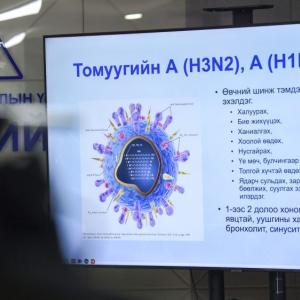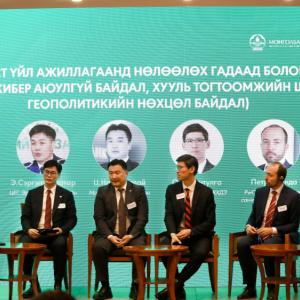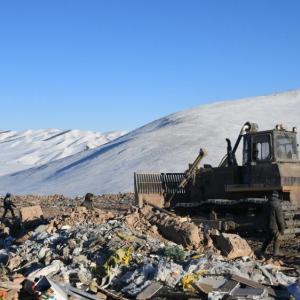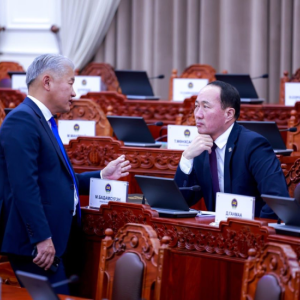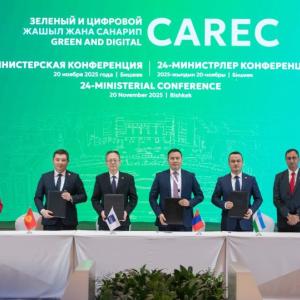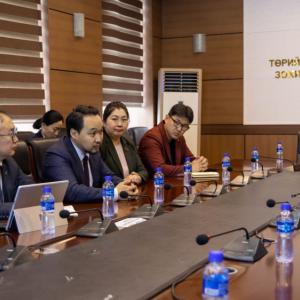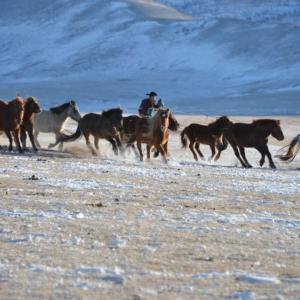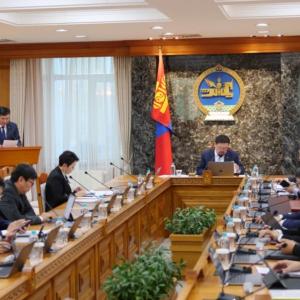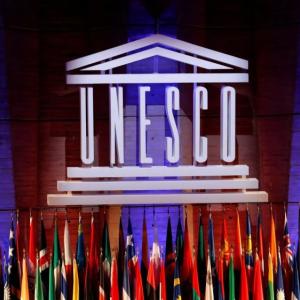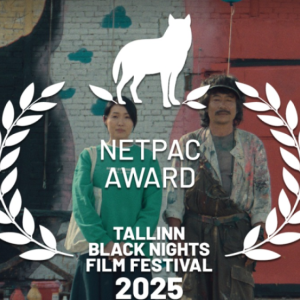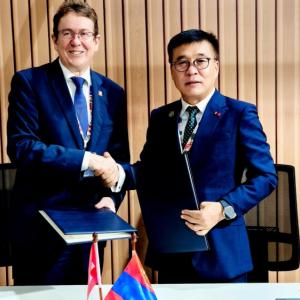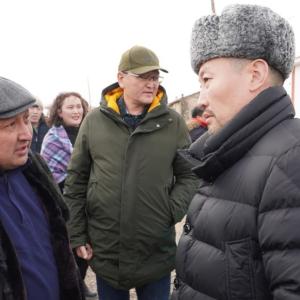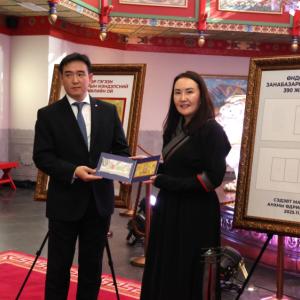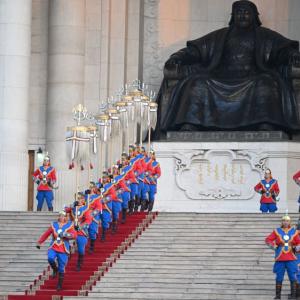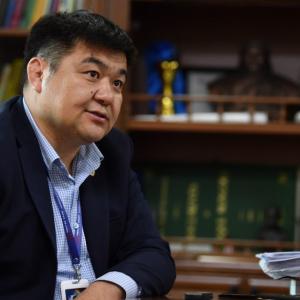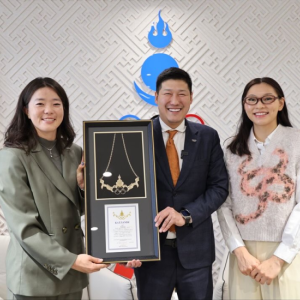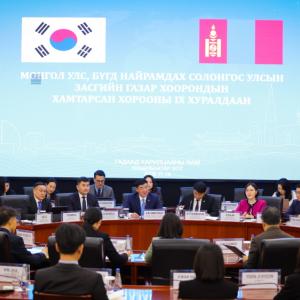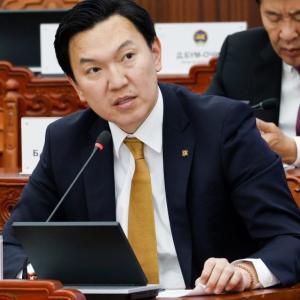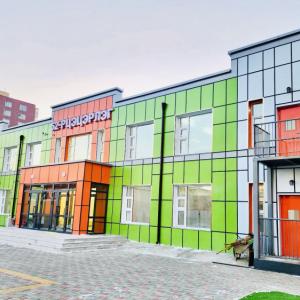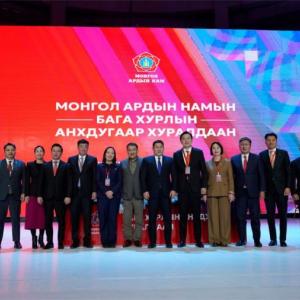Set of guidelines issued by Green Finance Regional Forum
Environment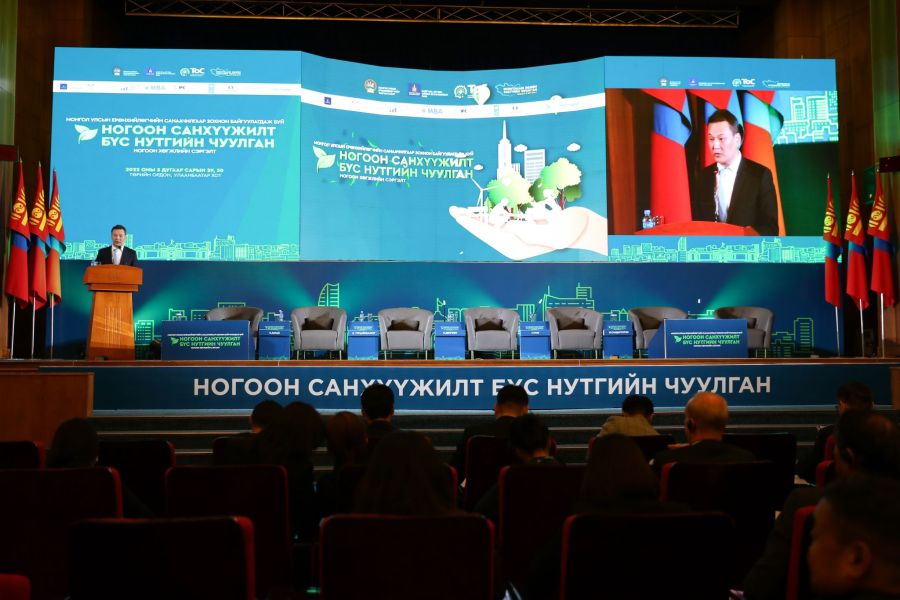
Ulaanbaatar /MONTSAME/. At the Green Finance Regional Forum organized at the initiative of the President of Mongolia, discussions were held on accelerating regional cooperation in fighting against climate change, desertification, and soil degradation, resolving pressing issues, developing sustainable, green financing, and implementing a policy on 'Revival of Green Development'.
At the end of the forum, a set of guidelines was issued which included the following:
ONE. GREEN FINANCE – MULTILATERAL COOPERATION
1.1. To pay attention to the effective implementation of green financing projects and programs approved by international organizations and establish a monitoring and reporting system;
1.2. To resolve the government funding required for the investment project to establish the Mongolian Green Financing Corporation within public-private partnership, and commence operations;
1.3. To take necessary policy measures to increase green loan portfolio to 10 percent in the banking sector and five percent for non-banking financial institutions, and to create leverage such as establishing a risk fund for green loans, providing incentives and reducing green loan swap costs;
1.4. To have the national sustainable financial strategy approved by relevant organizations and ensure its implementation;
1.5. To formulate projects that require funding, and intensify activities to raise funds in cooperation with the private sector and international organizations;
1.6. To ensure the active participation of the Government of Mongolia in international associations and alliances for sustainable finance and learn about good practices that are being implemented, and publicize works being done in Mongolia;
1.7. To develop and introduce the methodology, criteria for outcome evaluation, and basic indicators to select green projects, credits, investment, production, products, services and assets that meet the criterias for green bonds and sustainable development bonds;
1.8. To implement a technical assistance program on green project planning for entities and SMEs;
1.9. To reflect green quotas and objectives in government programs such as the programs being implemented on employment promotion loans, mortgage loans and loans for SME development, to improve the monitoring and reporting mechanism as well as to increase the effectiveness and accessibility of the green loan subsidy program;
1.10. To create tax incentives for the import of green technology, and to update the list of equipment being involved in the tax incentives and exempt in line with green market demand and green taxonomy;
1.11. To develop green construction standards and criteria based on the country’s unique conditions, introduce a monitoring and certification system for green buildings in urban planning, infrastructure and construction works, strengthen human resource capacity and to improve relevant legal environment;
1.12. To encourage resource-efficient, low-carbon and low-waste manufacturing, and green investment;
1.13. To support research works and partnerships aimed at estimating greenhouse gas emissions and absorptions, and developing carbon markets with a purpose to increase the participation of private sector, international cooperation and financing;
TWO. IMPLEMENTATION OF NATIONALLY DETERMINED CONTRIBUTION
2.1. To reflect the strategy to meet the Nationally Determined Contribution, which has been set in order to implement the Paris Agreement on climate change, in development programs, and ensure cross-sectoral coordination in the plan to implement the ‘New Revival Policy’;
2.2. To reflect the measures that have been planned in order to meet the Nationally Determined Contribution in the short- and mid-term action plans of ministries and government organizations, and ensure their implementation;
2.3. To increase the involvement of the Government by reflecting a certain amount of the financing amounting to USD 11.5 billion, planned for reducing greenhouse gas emissions and adapting to climate change impacts until 2030, in the state budget;
2.4. To accelerate regional cooperation for mitigating climate change and effectively fighting against desertification and dust storms, and boost the participation of public and private organizations by launching an initiative;
2.5. To establish a regional platform for exchanging information, sharing knowledge, and strengthening the capacity for reducing soil degradation and desertification, taking preventative measures, improving soil fertility, and introducing environmentally-friendly, advanced technology;
2.6. To jointly implement international and regional projects and programs for transfer of technology on reducing desertification;
2.7. To accelerate the implementation of the policy on increasing renewable energy sources, improving the provision of renewable energy in the region, and develop a detailed plan for Mongolia to join the Asian Super Grid by determining the opportunity and methods;
THREE. BOOSTING THE IMPLEMENTATION OF ‘REVIVAL OF GREEN DEVELOPMENT’ IN THE FRAMEWORK OF THE NEW REVIVAL POLICY
3.1. To reflect the necessary financing for implementing the ‘Revival of Green Development’ in each year’s state budget, and expand cooperation with international banks and financing institutions as well as the private sector by studying opportunities for multiple financing sources;
3.2. To enhance the corresponding legal environment for implementing large-scale projects and measures and ensure its implementation, and turn the country’s western region into a model region with renewable energy supply by implementing the GCF-funded project on developing western aimags and soums as a model project for ‘Revival of Urban and Rural Areas’;
3.3. To develop an implementation strategy, detailed action plan, and feasibility study for the One Billion Trees national movement, and make calculations for the necessary budget and financing;
3.4. To create correlation between projects and programs on afforestation and planting and growing trees in the framework of the ‘One Billion Trees’ national movement, and the fund established by private entities to support the movement, and to create the conditions for financing;
3.5. To conduct a feasibility study as well as other corresponding studies for implementing the ‘Khukh Mori’ project that is considered to be of socio-economic and ecological importance, and create the conditions for the necessary budget and financing to be funded from multiple sources;
3.6 To establish a trust fund on environmental protection for financing programs on protecting biodiversity and adapting to climate change, and create a new sustainable environmental financing system.
The guidelines are to be introduced at the plenary session of the Mongolia Economic Forum 2022, which will take place on April 7 and 8.
 Ulaanbaatar
Ulaanbaatar




















